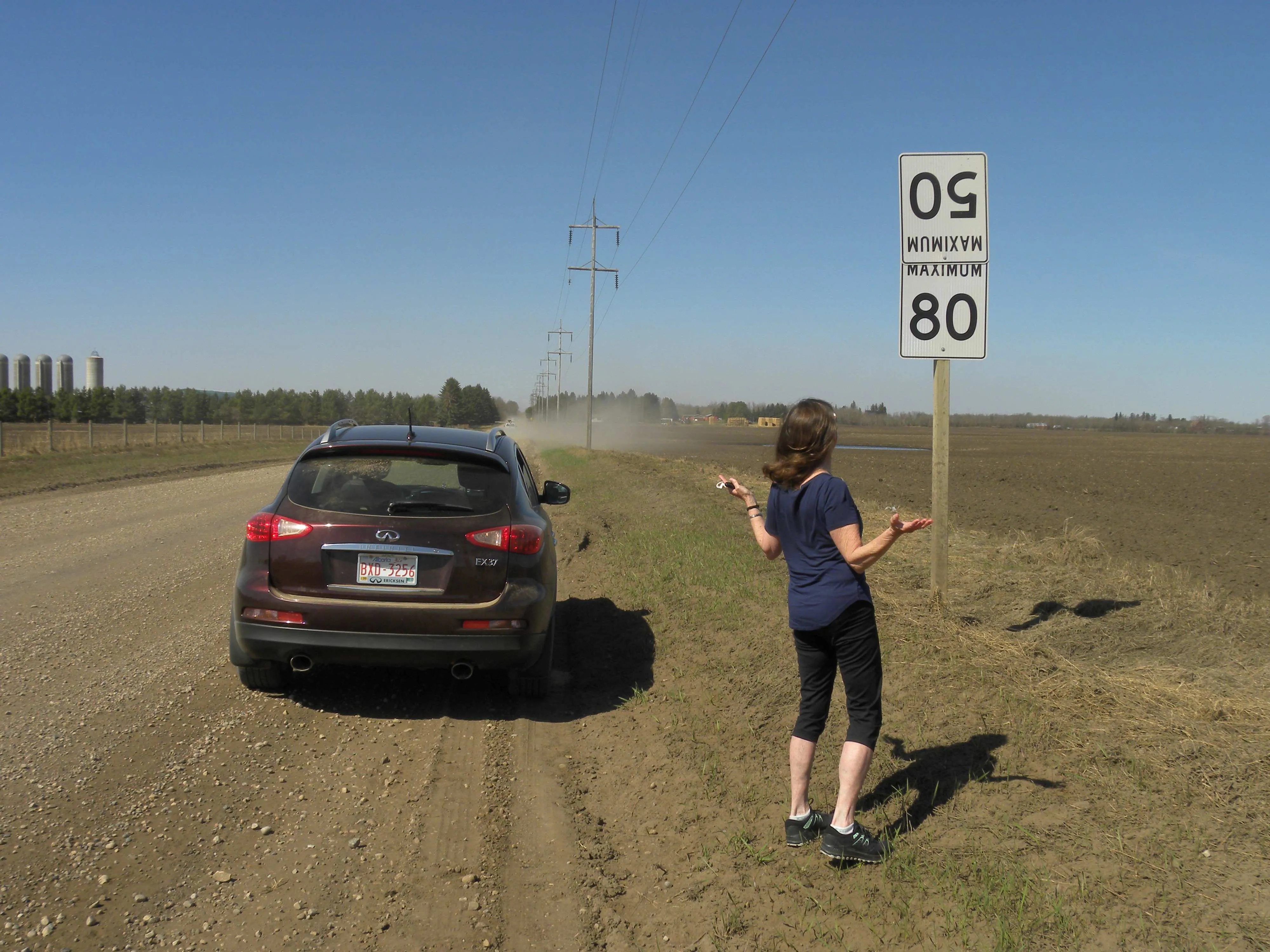The European Transport Safety Commission’s (ETSC) 16th Road Safety Report measures progress made in EU countries since 2001 in tackling excessive speed, drink-driving and non-use of seat belts (the three biggest causes of road fatalities). It is published as the EU discusses priorities for the forthcoming Road Safety Action Programme for the next ten years. Available data shows that drivers have slowed down since 2001. Best progress has been made on highways (only up to 30% of drivers now exceed the speed l
May 30, 2012
Read time: 2 mins
The 5801 European Transport Safety Commission’s (ETSC) 16th Road Safety Report measures progress made in 3287 EU countries since 2001 in tackling excessive speed, drink-driving and non-use of seat belts (the three biggest causes of road fatalities). It is published as the EU discusses priorities for the forthcoming Road Safety Action Programme for the next ten years.
Available data shows that drivers have slowed down since 2001. Best progress has been made on highways (only up to 30% of drivers now exceed the speed limit) but violations are still up to 70% on rural roads (as much as 80% on urban roads).
France is the only country to have achieved considerable reductions in mean speeds on all types of roads. Great Britain and Austria recorded reductions in mean speeds on both urban roads and highways.
Key factors in achieving progress were automated speed enforcement schemes based on safety cameras and stricter sanctions through penalty point systems and higher fines.
Available data shows that drivers have slowed down since 2001. Best progress has been made on highways (only up to 30% of drivers now exceed the speed limit) but violations are still up to 70% on rural roads (as much as 80% on urban roads).
France is the only country to have achieved considerable reductions in mean speeds on all types of roads. Great Britain and Austria recorded reductions in mean speeds on both urban roads and highways.
Key factors in achieving progress were automated speed enforcement schemes based on safety cameras and stricter sanctions through penalty point systems and higher fines.







